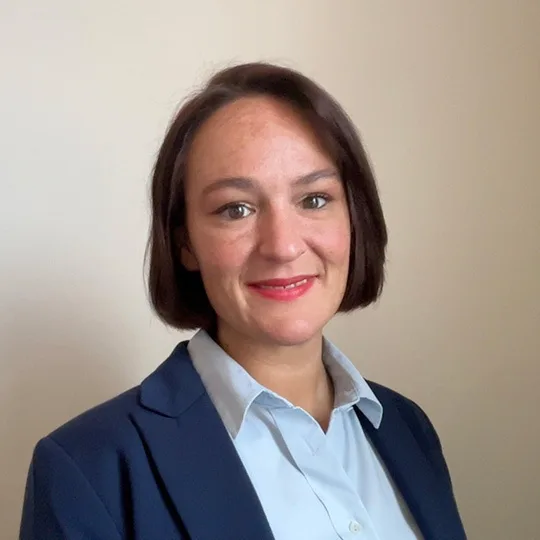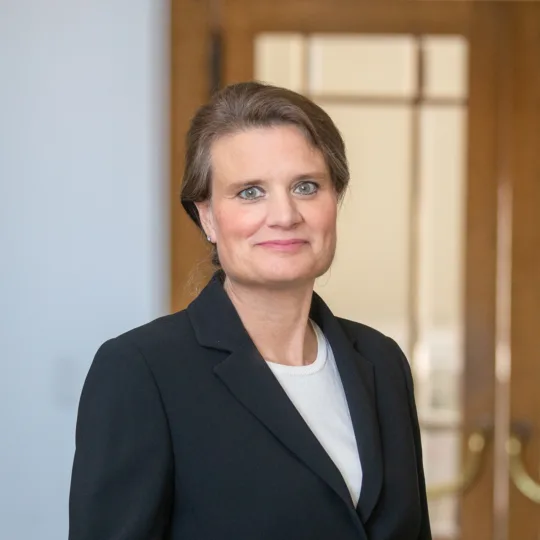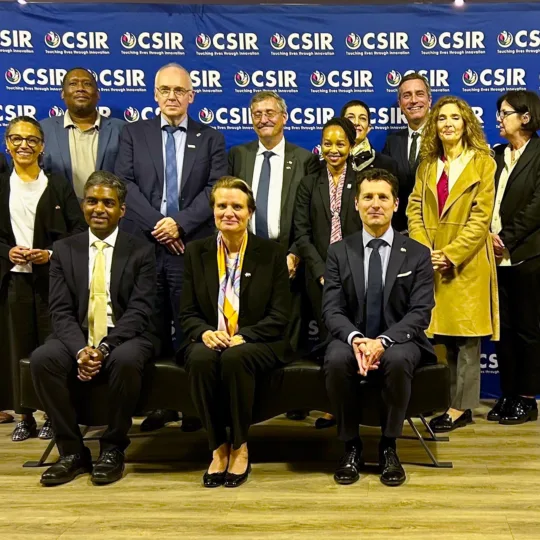Access to Horizon Europe and transitional measures for Swiss researchers
So far, Switzerland has been considered a non-associated third country in Horizon Europe and related programmes and initiatives. Under this status, researchers and innovative companies in Switzerland may take part in approximately two-thirds of the programme. In addition, national transitional measures have been taken to address the inaccessible parts of the programme.
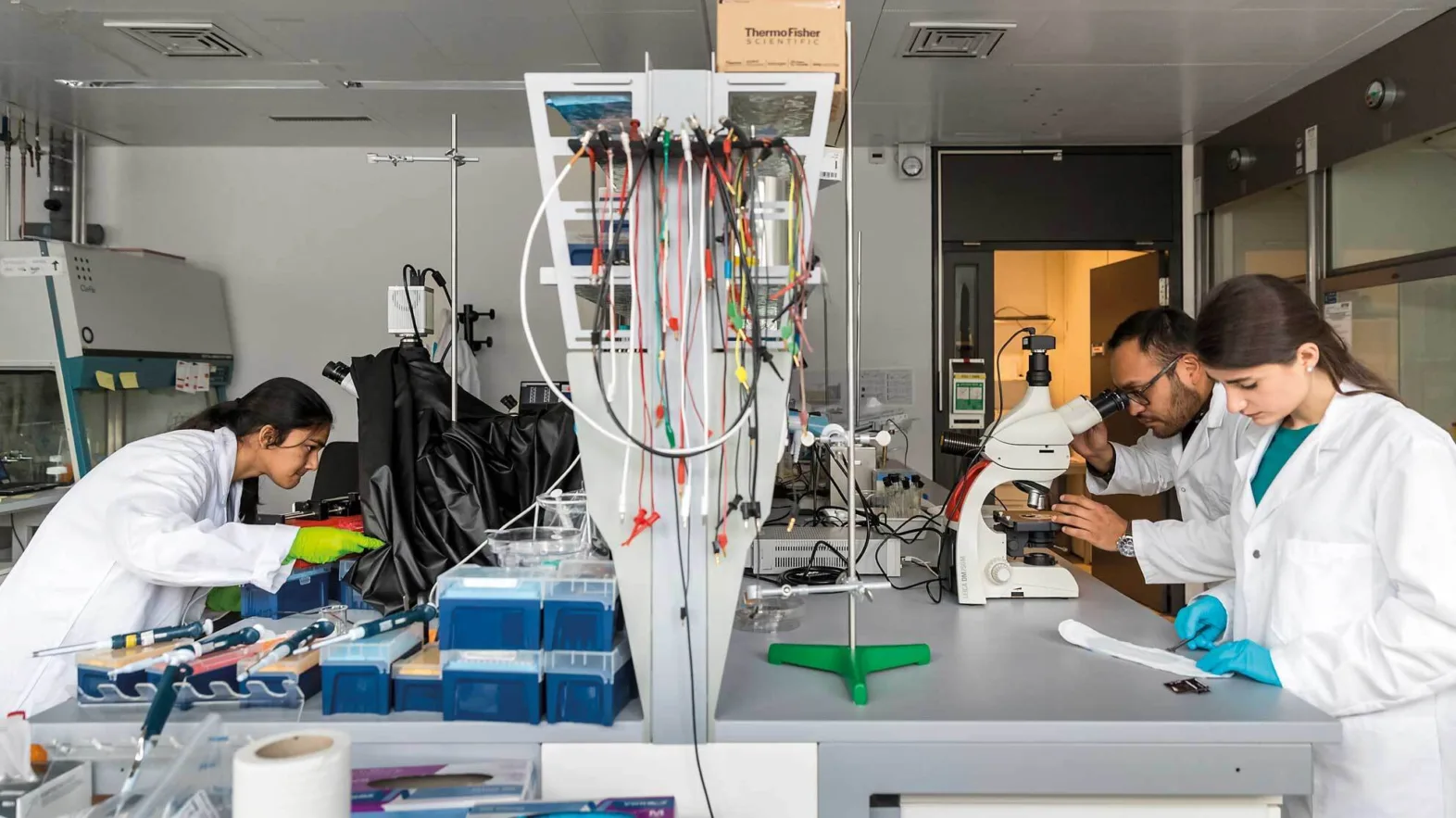
Switzerland will continue to be considered as a non-associated third country for Horizon Europe and related programmes and initiatives until further notice, although this status may change at any time. Switzerland was fully associated to the predecessor programme Horizon 2020. The Federal Council is therefore seeking the same status for Horizon Europe. Currently, project participants in Switzerland can take part in most of the collaborative projects. However, Swiss researchers do not receive funding for projects that have been approved by the European Commission, as would otherwise be the case if Switzerland enjoyed fully associated status. Instead, their funding will come from the State Secretariat for Education, Research and Innovation (SERI). In contrast, Swiss participation in individual projects (e.g. of the European Research and Innovation Council) is excluded in principle.
New means of funding
Regardless of its participation status, Switzerland contributes funding to enable Swiss stakeholders to take part in Horizon Europe. Like other associated countries, Switzerland also funds the participation of its researchers and innovative companies through its mandatory contribution to the European Commission. Under the new 'pay as you go' principle, the amount paid by each associated country is determined by the amount of EU project funding that would normally be granted to the researchers from the given associated country.
National transitional measures
Switzerland's goal is not to fundamentally replace participation in Horizon Europe with national programmes. However, the Federal Council is devising various measures to address the situation until full-fledged association status can be achieved. For example, transitional measures have been adopted to ensure that researchers and innovative companies in Switzerland will receive direct federal funding to cover their participation in accessible Horizon Europe projects. This will ensure that researchers and innovators in Switzerland can continue to take part in international Horizon Europe projects and remain appealing project partners for their European colleagues. At the same time, they will be able to conduct cutting-edge research together and maintain key international networking ties.
SERI has also asked various institutions to launch transitional measures to cover instruments that participants in Switzerland currently do not have access to. Where possible, these measures are based on Horizon Europe calls for proposals and are designed in such a way as to ensure that there are no funding gaps for participants. This should result in optimal support for researchers and innovative companies in Switzerland, allowing them to build on their strengths. Examples of such transitional measures are SNSF Consolidator Grants 2022 (based on the Consolidator Grants of the European Research Council and implemented by the Swiss National Science Foundation) or Swiss Accelerator 2022 grants (based on the Accelerator programme run by the European Innovation Council and implemented by Innosuisse).
This means that part of the funding earmarked by the Federal Assembly as a mandatory contribution to the European Commission for Swiss participation in Horizon Europe will flow directly to Swiss participants in the projects. In total, the transitional measures introduced by SERI for the years 2021 and 2022 amount to roughly CHF 1.2 billion. Most of this will be provided in the form of direct funding for participation in accessible collaborative projects.
National complementary measures and possible replacement measures
Supplementary measures are planned irrespective of Switzerland's association with Horizon Europe. They are intended to diversify and strengthen the international activities of Swiss researcher and innovative companies in areas of where they excel. These measures can be scaled up depending on developments over the next few years. They include support for bilateral and multilateral research cooperation with countries in and outside Europe in research areas of strategic importance for Switzerland. They also cover the launch of a national quantum initiative to establish and expand infrastructures and technology platforms in a nationally coordinated manner. With the investments already made by the universities and the federal government, this initiative will provide an important basis for international partnerships. Switzerland is a world leader in the area of quantum research, and the federal government has been supporting progress in this field for some time.
Possible replacement measures will be introduced if full-fledged association with the Horizon package is not feasible in the longer term. The Federal Council will decide on the necessity of replacement measures at a later date.
All of the measures mentioned above should help Switzerland to remain a leading location for research and innovation in Europe and worldwide. The Federal Council, the EAER and SERI are committed to ensuring that this status can be further consolidated and that Swiss researchers and innovative companies enjoy the best possible general conditions.
Horizon Europe
The EU's research and innovation funding programme, Horizon Europe, is the world's largest and most ambitious R&I cooperation mechanism to date, worth EUR 95.5 billion. This programme aims to boost scientific and technological output in Europe through greater expenditure to support a highly skilled workforce and cutting-edge research. At the same time, Horizon Europe is designed to help advance the EU's own strategic priorities. These include, for example, fostering a resilient, inclusive and democratic European society that is prepared for and able to respond to threats and disasters. At the same time, the programme is intended to help restore and safeguard European ecosystems and biodiversity to ensure a clean and healthy environment. Thus, Horizon Europe should also contribute to the green and digital transformation and reinforce the European Research Area. Horizon Europe's design is also oriented towards the Sustainable Development Goals (SDGs) of the United Nations.
Contact
Authors
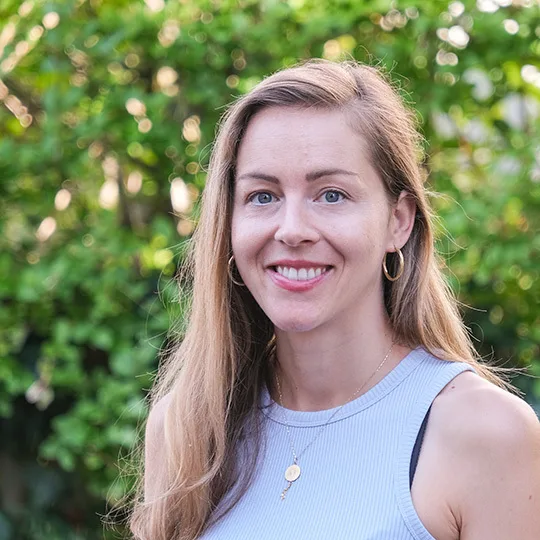
Anna Fill
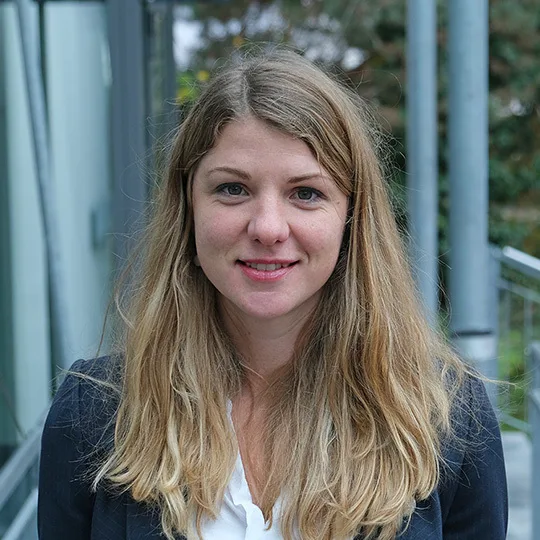
Brita Bamert
